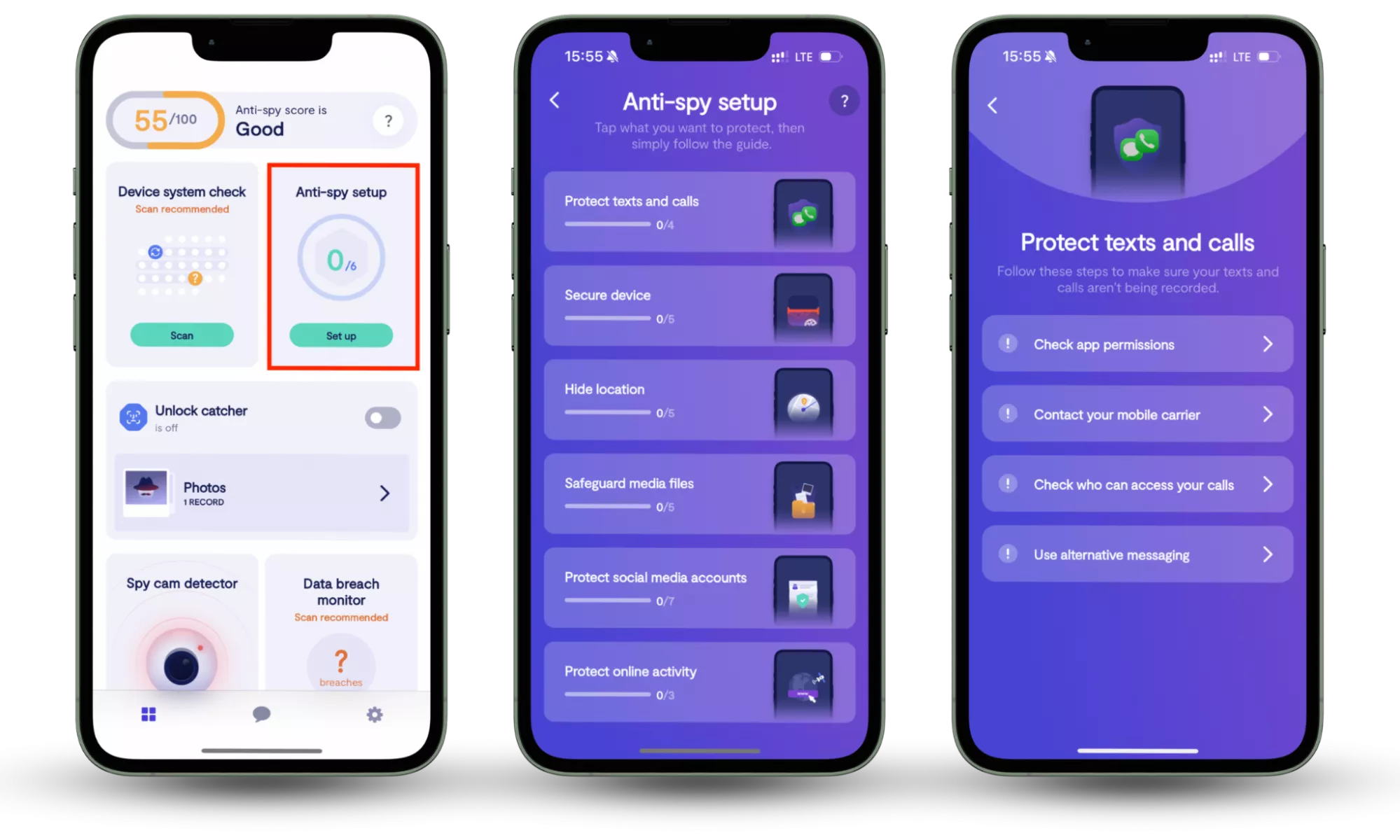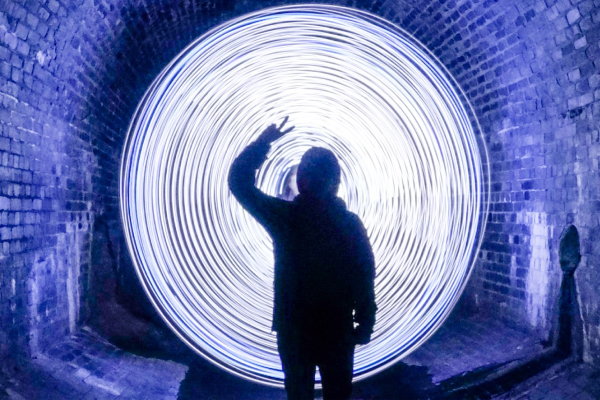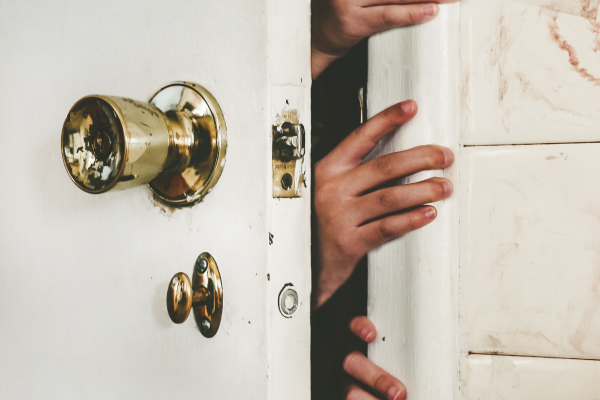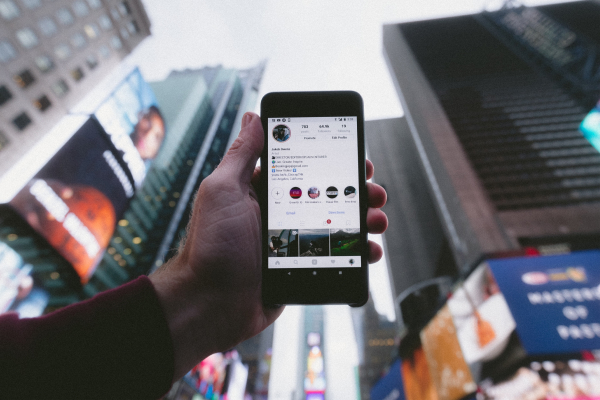Table of contents
- 1. What Happens in Vegas Stays on YouTube by Erik Qualman
- 2. The Art of Invisibility by Kevin Mitnick
- 3. Future Crimes by Mark Goodman
- 4. Why Software Sucks by David Platt
- 5. Cryptonomicon by Neil Stevenson
- Clario Anti Spy: How the Anti-spy setup protects your privacy and secures your devices
- Conclusion
The world has changed a lot over the past few decades.
When we build routes in Google Maps, share our photos, tag friends and locations on social media – we leave a trail of information behind us – showing where we’ve been and what we did.
Is there any chance of even the smallest amount of privacy in this hyper-connected, data driven world? Despite the huge amount of personal data we share online, we believe the answer is yes. And the 5 books below will tell you the best ways to go about keeping your digital life to yourself.
| Book Title | Author | Key Topics | Why It's Worth Reading |
| What happens in Vegas stays on YouTube: Protecting your digital reputation | Erik Qualman | Digital reputation, online privacy | Learn how to manage your digital footprint and reputation in the age of social media and online transparency. Discover real-life examples of online mishaps and learn how to protect yourself. |
| The art of invisibility: Mastering online privacy & data protection | Kevin Mitnick | Data protection, privacy tools, online safety | Dive into the world of online anonymity with tips on staying off the digital radar. Learn about tools like VPNs, encrypted messaging, and more to maintain privacy in a connected world. |
| Future crimes: Exploring the underbelly of technology and cybersecurity | Mark Goodman | Cybercrime, digital threats, technology's dark side | Understand the rising threats in the digital world. The book covers methods hackers use and how even everyday devices can be vulnerable to cybercriminals. |
| Why software sucks: Understanding security vulnerabilities in modern software | David Platt | Software security, cybersecurity, vulnerability management | Explore why modern software often leaves users exposed and how to manage the security risks associated with everyday software tools. |
| Cryptonomicon: The cyberpunk fiction that explains cryptography and computing | Neal Stephenson | Cryptography, computing, digital security | A fascinating tale blending fiction and reality, exploring cryptography, data security, and the evolution of technology through a gripping story. |
1. What Happens in Vegas Stays on YouTube by Erik Qualman
The Nobel Laureate’s career was cancelled because of sexist quotes spread on Twitter. The personal photos of Hollywood stars earned them notoriety after they were stolen from iCloud. A nurse lost her job after posting a selfie with a patient under anesthesia in the operating room.
The concept of a private life no longer seems to exist in the modern age. Our achievements and mistakes, thoughts, our every step – now everything lives on the internet. And as the saying goes, what happens on the internet stays on the internet. Luckily, Erik Qualman brilliantly explains how to adapt to this new digital normal in his book.
This book is worth reading because:
- your digital reputation is now just as important as your reputation in the physical world; the book provides the best internet safety tips and digital tools to control and improve your reputation on the web.
- you will learn how to protect your data online and what to do if you or your loved ones are victims of cyberbullying.
- the book contains many thought-provoking stories and examples of clever and stupid behavior on the internet, as well as QR codes and links to useful sites and materials.
Did you know?
As of 2025, 45% of social media users experience reputational damage due to hacked accounts. Protecting your digital footprint has never been more crucial.
2. The Art of Invisibility by Kevin Mitnick
In this book, one of the world’s most infamous hackers Kevin Mitnick reveals what happens to our data, who can use it, and how to minimize the likelihood of our personal information – and money – falling into the wrong hands.
The author not only advises us how to protect our private data but also tells different, eye-opening stories about Julian Assange, Edward Snowden, and other famous whistleblowers.
The book consists of 16 chapters, each giving practical advice on how to protect yourself online. For better understanding, below are a few pro tips from the author:
- Turn off Wi-Fi on your mobile when you don't need it.
- Delete any wireless data connection from your mobile or laptop when no longer needed.
- Use messenger services recommended for private correspondence, like ChatSecure, Signal, CryptoCat, Tor Messenger.
- Clear your cookies or at least set your browser to do it automatically.
- Remember registering for a service or site through a social network gives information about where else you used your account.
Pro tip
Always use multi-factor authentication (MFA) on all your online accounts to add an extra layer of protection, especially for sensitive services like banking and email.
3. Future Crimes by Mark Goodman
Mark Goodman, one of the world's leading global security authorities, offers an exciting journey through the secret digital underground, revealing methods used against us by lone cybercriminals.
In his book, Mark successfully proves how all computers or smartphones are susceptible to hackers. The same goes for secrets, which are impossible to be kept, regardless of what they are about – be it personal data or billions of dollars worth of military development. Knowledge is power and in the digital age, everything is accessible.
Future Crimes offers a sober view of the underbelly of technological innovation and the consequences it brings into our interconnected and infinitely vulnerable world.
Pro tip
Use a reputable VPN service and regularly update your software to protect against emerging cyber threats like ransomware and phishing attacks.
4. Why Software Sucks by David Platt
David Platt, who has 20 years of experience in programming and teaching, argues how modern software sucks. Because it is just not secure enough. It allows malicious programs to infiltrate the internet and attack our computers. It often breaks down at the most critical moments, destroying the fruits of our long labours without leaving us even a single chance to save them.
Not many computer books can make you laugh out loud. But David not only laughs, he shares some very interesting observations and views, presenting them in a clear and engaging style.
David Platt explains why programs can be frustrating and even dangerous and what we as normal users can do about it. All his arguments are supported by real-life examples and flavored with humor.
5. Cryptonomicon by Neil Stevenson
The best is always left for last. That’s why we added this must-read fiction book to the list. The legendary Cryptonomicon is one of the most popular works of fiction with information security at the heart of its plot.
The book, which has become one of cyberpunk’s best books, is set in two different time zones and explores the evolution of technical thought in society.
Cryptonomicon is also a source of allegorical interpretations of the fundamentals of cryptography and the basic principles of computing systems. It is definitely a must-read for anyone interested in information security and technology in general.
Pro tip
Understanding cryptography principles is key to securing your digital assets. Use tools like PGP (Pretty Good Privacy) to encrypt emails and protect sensitive information.
Clario Anti Spy: How the Anti-spy setup protects your privacy and secures your devices
Clario Anti Spy offers an intuitive Anti-spy setup that guides users through a comprehensive checklist to apply essential privacy settings and reduce exposure to spyware. This feature is designed to help you secure your devices from hidden threats, such as malicious tracking tools and unauthorized surveillance. By following the easy-to-use steps, you can ensure your personal information remains private, minimize potential risks, and protect your digital life from unwanted intrusions. Whether you're securing your mobile phone or your computer, Clario Anti Spy makes it simple to safeguard your devices and maintain control over your online privacy.
Here is how to use Clario Anti Spy’s Anti-Spy setup feature:
- Download Clario Anti Spy, create an account, and sign in.
- Under the Anti-Spy setup section, select Set up.
- Follow the step-by-step guide to ensure comprehensive protection for your devices, helping you stay safe from cyber risks and keep your personal information secure.

Conclusion
We hope you’ll like our picks for the best books on online privacy and data protection. Some of them might make you worry, others – laugh out loud (like the works of David Platt). But most importantly, we’d like them to make you think (even think twice) about your online data and the importance of keeping it as secure as possible. To help you take immediate action, Clario Anti Spy offers an easy-to-use solution to secure your devices and reduce your exposure to digital threats, ensuring your personal information stays safe.
Read more:


